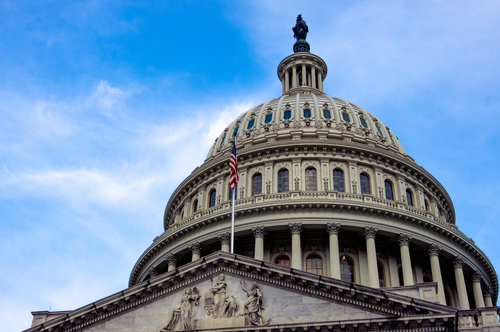
In a recent media spotlight, House Speaker Mike Johnson has been the subject of scrutiny for his participation in a purity ball with his daughter eight years ago. The event, which took place in 2015, has been labeled as “controversial” by some outlets, igniting a debate over the values and traditions upheld by conservative Christian communities.
The purity ball, a formal dance event that typically features fathers and their teenage daughters, is rooted in the promotion of sexual abstinence before marriage. It is a family-centered occasion that often culminates with a pledge by the daughter to abstain from dating and remain sexually pure until her wedding day. These events have been part of Christian culture since gaining popularity in the 1990s and early 2000s.
Video shows House speaker Mike Johnson attending PURITY ball with then-13-year-old daughter in 'prom-like' ritual where teenage girls vow to abstain from sex until marriage https://t.co/xpREWKiJa8 pic.twitter.com/g9WNBZB43R
— Daily Mail Online (@MailOnline) December 23, 2023
Critics of purity balls argue that they place an undue burden on young women and may objectify them. However, supporters see these events as a celebration of family values and a commitment to guiding youth towards making choices aligned with their faith. The balls are seen as a way to strengthen the bond between fathers and daughters and to affirm the family’s dedication to biblical principles.
Speaker Johnson, a Southern Baptist, has faced intense scrutiny over his Christian faith. Despite the criticism, he has remained steadfast in his beliefs, asserting that his worldview is shaped by the Bible. He has defended the role of faith in his life and public service, emphasizing that true adherence to biblical commands precludes hatefulness, as the greatest commandment is to love God and one’s neighbor.
🚨Speaker Mike Johnson and daughter were profiled attending 'purity ball' in 2015 German TV news segment
It features clips of Johnson and his daughter at the ball with numerous other father-daughter pairs, and shows Johnson's daughter vowing to him to live a life of purity,… pic.twitter.com/WmMKo5OSff
— Unlimited L's (@unlimited_ls) December 23, 2023
Johnson’s wife, Kelly Johnson, has also been vocal about their family’s values, particularly regarding issues such as contraception. In an interview, she stated that sex before marriage was not an option they discussed with their daughter, reinforcing the family’s commitment to traditional Christian teachings.
The media’s focus on Johnson’s attendance at the purity ball comes amidst broader discussions about the role of religion in politics. Some commentators have gone so far as to compare Johnson’s faith-based views to extreme ideologies, drawing unfair and unfounded parallels that stigmatize devout Christians in public office.
Despite the controversy, Johnson has not shied away from addressing the attacks on his faith. He has called out what he perceives as a bias against his religious beliefs, labeling the criticism as “disgusting.” His response highlights a broader concern among conservatives that their values are increasingly under siege in the public sphere.
As the conversation continues, it is clear that the purity ball and Johnson’s participation in it are more than just a singular event; they represent a flashpoint in the ongoing dialogue about the intersection of faith, family, and public life. For many, Johnson’s experience serves as a reminder of the challenges faced by individuals who seek to navigate their personal convictions while in the public eye.













